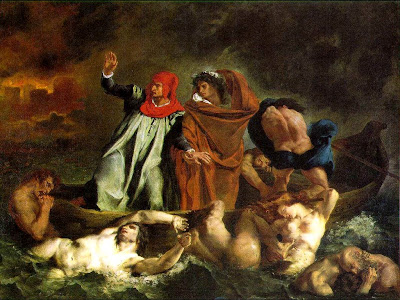Albert Camus claimed that a man's work is a journey to discover "those two or three great and simple images in whose presence his heart first opened". For me, one of those images is of a man in a red cape walking on the air. I adored Superman as a child, how strong and noble he was. At 16, I read Watchmen by Alan Moore and Dave Gibbons; its fleshed-out characters and playful use of the medium have inspired me more than any piece of literature, leading me to discover other modernist works like Ulysses and Cloud Atlas.
Like John Cheever and the suburbs, I somehow keep coming back to the superhero. Beyond their purpose as an aspirational figure (superheroes being the best traits of humanity magnified tenfold), they introduced me to science fiction, fantasy, and mythology; a gateway to other realms of fiction. That, I think, is one of the great and simple images, the one just below: Where-You-Get-Your-Ideas. I'm looking forward to finding out what my other two are.

